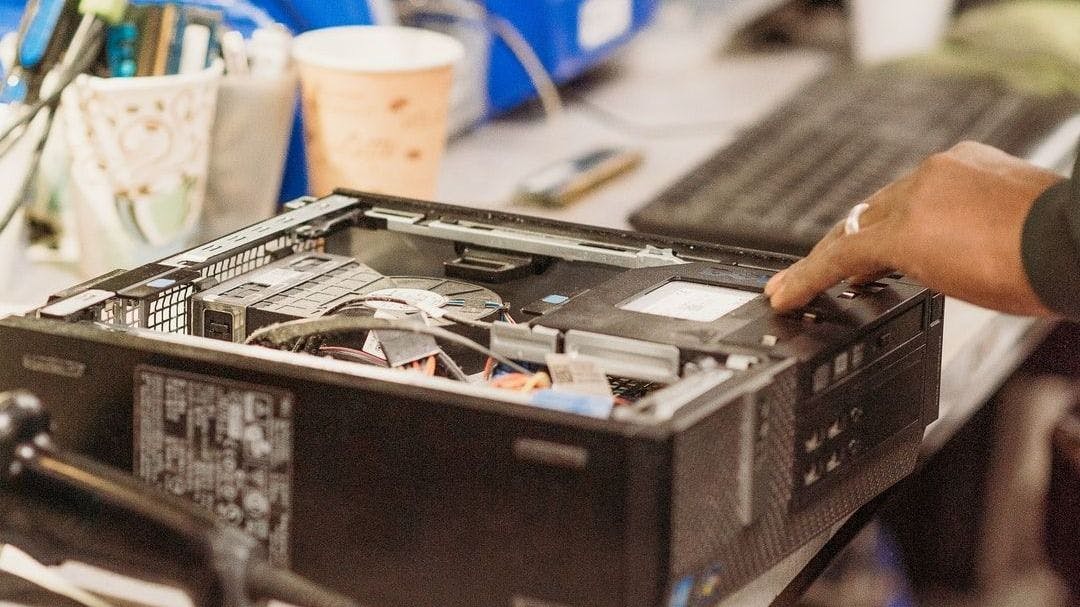140 reads
How Computer Recycling is Going to Save Your City
by
August 23rd, 2021

We are an e-waste recycling company that believes in leaving a cleaner world for the next generation.
About Author
We are an e-waste recycling company that believes in leaving a cleaner world for the next generation.
Comments
TOPICS
Related Stories
A beginner’s guide to ports.
Oct 12, 2018
A beginner’s guide to ports.
Oct 12, 2018
